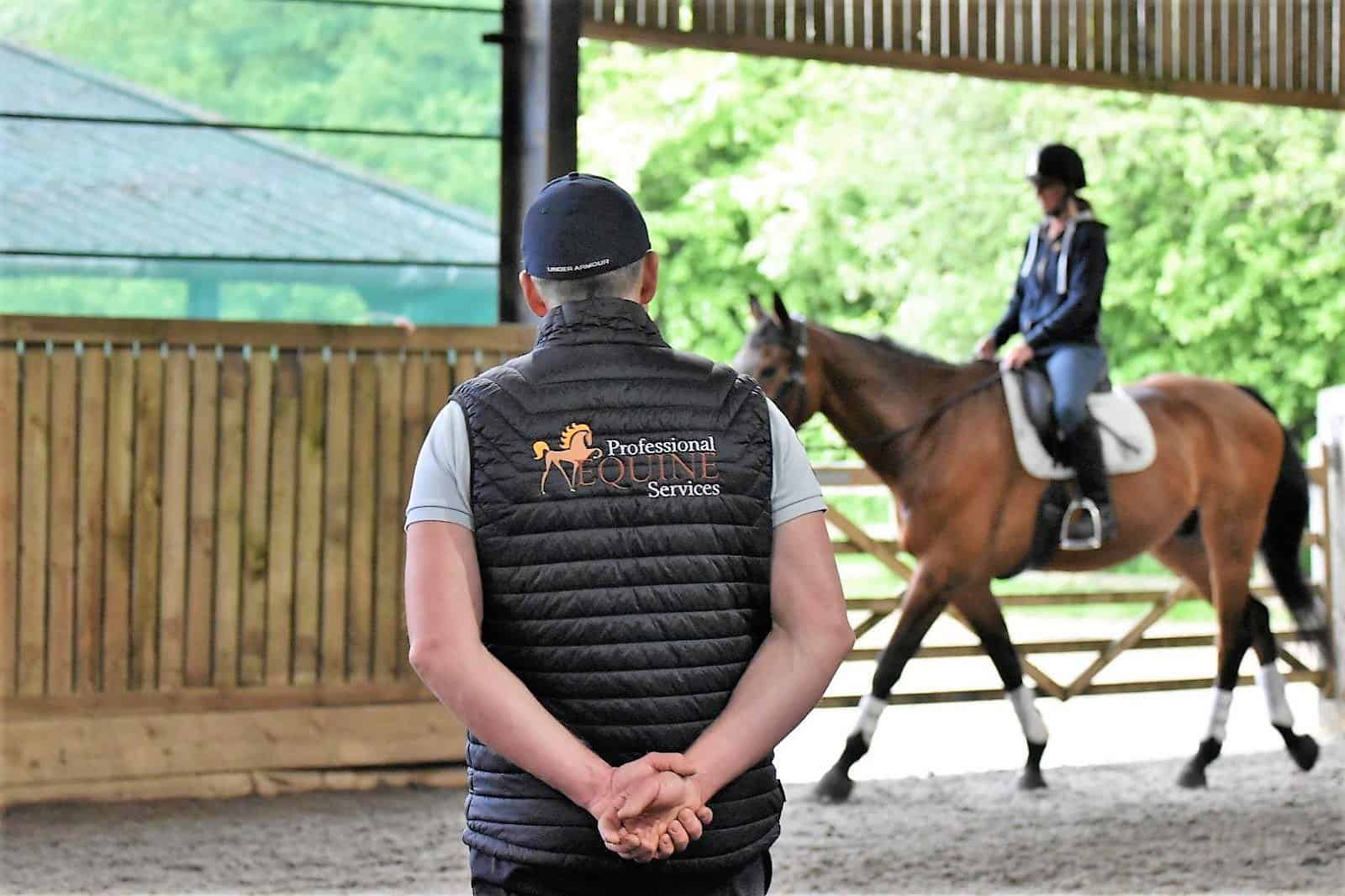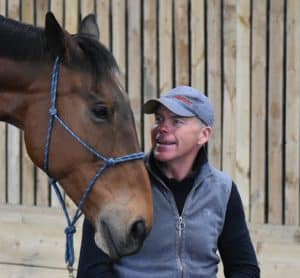In the first part of this 3-part blog, I left you to consider this viewpoint: “it is my responsibility to help my horse understand, he has no responsibility to do so, so I must keep it simple, repeat it and look to what I myself am doing wrong before blaming my horse”
Consider this…. Have you heard yourself saying “he’s so naughty, he does this every time; oh no, that may be ok for your horse but MY horse can’t do that; he always knocks fences when they are small; if we were on the other rein it’d be ok; I am putting my leg on, he’s just being naughty and not listening; he can’t bend left, he can’t flex right, he can’t do rein-back………” and so the list goes on. News flash folks, they can all do it. OK, so there will undoubtedly be instances where they have pain, stiffness or injury that genuinely prevents a horse from being able to do the basics but lets be clear on what the basics are: does he understand the aids I apply to go forward, to halt, turn left & right, flex left & right, move laterally off the leg left & right, rein back? If the answer (without nagging him with your hand or leg) is yes then excellent, good job and a great start. If you know deep down that you struggle to achieve these basics then fear not. You are definitely not alone!
Introducing every rider’s favourite word ……..“confidence”. Horses are big, scary things, they often weight over half a tonne, have a mind of their own that we never fully comprehend and the average man in the street wouldn’t go near one without trepidation. So, as riders we must therefore have overcome a huge amount of fear and doubt, falls, bites and kicks to get us where we are, sitting astride our equine friend feeling good, right? Here’s where we need to make a pledge, let’s all agree not to confuse confidence with ego – we gain confidence through experience and in many instances, through experiencing failure, putting ourselves in challenging situations and finding a way through them gives us confidence. Ego, on the other hand is driven by a person’s self importance, believing they are of superior mind to the horse and using aggression, fear and strength to dominate. It is critical that we recognise in ourselves the point where confidence is replaced by ego. I have seen many times when a rider loses patience with their horse and lets their ego take over – telling their horse, kicking it harder, pulling it about, raising their voice, nagging with their legs. Ever done that? Ever seen it done by others? Of course we have all been guilty of that, more often than not, at times when we are afraid! It’s natural, but it doesn’t help your horse understand, so recognise it, take a breath and try to see what YOU are doing incorrectly that is confusing your horse.
So, when you next ride your horse think to yourself, do I “tell” more than I “listen”. In fact, do I listen at all? Do I look at things from my horse’s perspective with a sympathetic mindset. As a flight animal, when a horse is fearful he is literally scared for his life, so it’s our job to have empathy and understanding and help him through those times positively. None of this is easy. Being a better rider and a better horseman is hard work and takes time but is very rewarding and the relationship you create with your horse is unbreakable.


